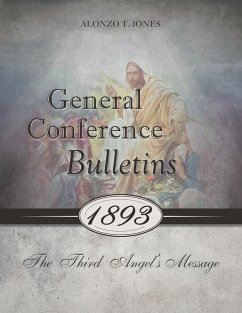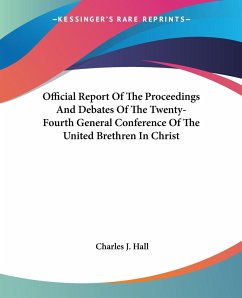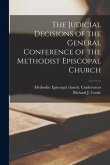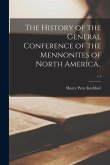The year 1893 was an important year in the history of Protestant America, and hence also for the church. The world had been invited to attend the "World's Columbian Exposition" or commonly known as the "World fair" which was a showcase of the world's leading technologies and manufactures. During the six months in which it was open, being the 1st of May until the 30th October, 27,000,000 visitors had paid the 50 cent admission price, which means that nearly half of the American population at that time had travelled to Chicago to see the fair. The Presbyterian churches and other religious groups saw the Fair as an opportunity to promote the principles of their faith, and through petitions signed by millions of people, they lobbied the US Government to close the Fair on Sundays. The Senate conceded, and passed legislation stipulating that the appropriation of funds which the Government would provide to the Chicago World Fair would be contingent on the Fair being closed to the public on Sundays. This was a direct violation of the 1st Amendment of the Constitution which stated that "Congress shall make no law respecting an establishment of religion..." Protestant churches within America had successfully gained a controlling influence over the Government of the United States of America. Jones had been active representing the cause of religious liberty to the Senate in direct opposition to the Presbyterians. But a few months later, during the 1893 General Conference, he confessed the reality of the matter: "The government of the United States is now in the hands of a hierarchy and no longer in the hands of the representatives of the people. Government as our forefathers established it, is gone, irretrievably gone now. Government of the people, by the people and for the people is gone. The authority of the government from the people, expressed in the Constitution, and the government to be conducted according to the Constitution is gone. The constitution has been overridden, and now it is ignored... "That action has put the government of the United States into the hands of the churches. It has established the mark of the beast as the Sabbath of the nation and for all the world, and it has done it in place of the Sabbath of the fourth commandment in express words in the legislation. "And what is this now in our own nation? The image of the papacy." (Chapter 3 of this book) This fact is established in the first few chapters of this book as Jones gives the account of his representation before the Senate. These first discourses may at first seem a bit dry, and you may be tempted to pass them by, but we encourage you to persevere in their reading that you may become familiar with the historical context in which these important studies were given. If it was imperative that the church received these messages in the year 1893, how more readily should we be welcoming them into our hearts and lives today? If you will read the following pages with a teachable spirit and a willing heart, they will change your life. Our experience today is no different to that of Seventh-day Adventists in the years surrounding 1888. We are either making too much of the law and becoming legalistic Pharisees trying to save ourselves by our own works, and busily looking over our shoulders in judgment upon our fellow men, and either living in constant fear of the condemnation of God or exalting ourselves as "holier than thou"; or we have become altogether blasé about our accountability before God and His requirements. Jones presents faith and works as a synergistic means of salvation with a harmonious balance that is greatly lacking in the ministries of the churches of today. Whilst setting men free from the condemnation of the law by the gift of the righteousness of Jesus Christ, Jones shows how it is that through that same gift, we may meet its claims in our practical lives. EXTRACTED FROM THE FOREWORD



![The Acts and Proceedings of the Nineteenth General Assembly of the Presbyterian Church in Canada, Brantford, June 14-21, 1893 [microform] The Acts and Proceedings of the Nineteenth General Assembly of the Presbyterian Church in Canada, Brantford, June 14-21, 1893 [microform]](https://bilder.buecher.de/produkte/65/65577/65577587m.jpg)
![Extracts of the Journals of the General Conference of the Methodist Episcopal Church in Canada [microform]: Held in the Town of Napanee, Aug. 26th to Extracts of the Journals of the General Conference of the Methodist Episcopal Church in Canada [microform]: Held in the Town of Napanee, Aug. 26th to](https://bilder.buecher.de/produkte/65/65558/65558402m.jpg)


![Journals of the General Conference of the M.E. Church in Canada [microform]: Held in the City of Belleville, Ont. Aug. 27 to Sept. 7, 1878 Journals of the General Conference of the M.E. Church in Canada [microform]: Held in the City of Belleville, Ont. Aug. 27 to Sept. 7, 1878](https://bilder.buecher.de/produkte/66/66194/66194357m.jpg)
